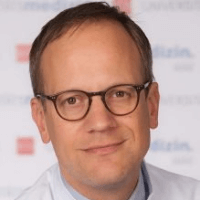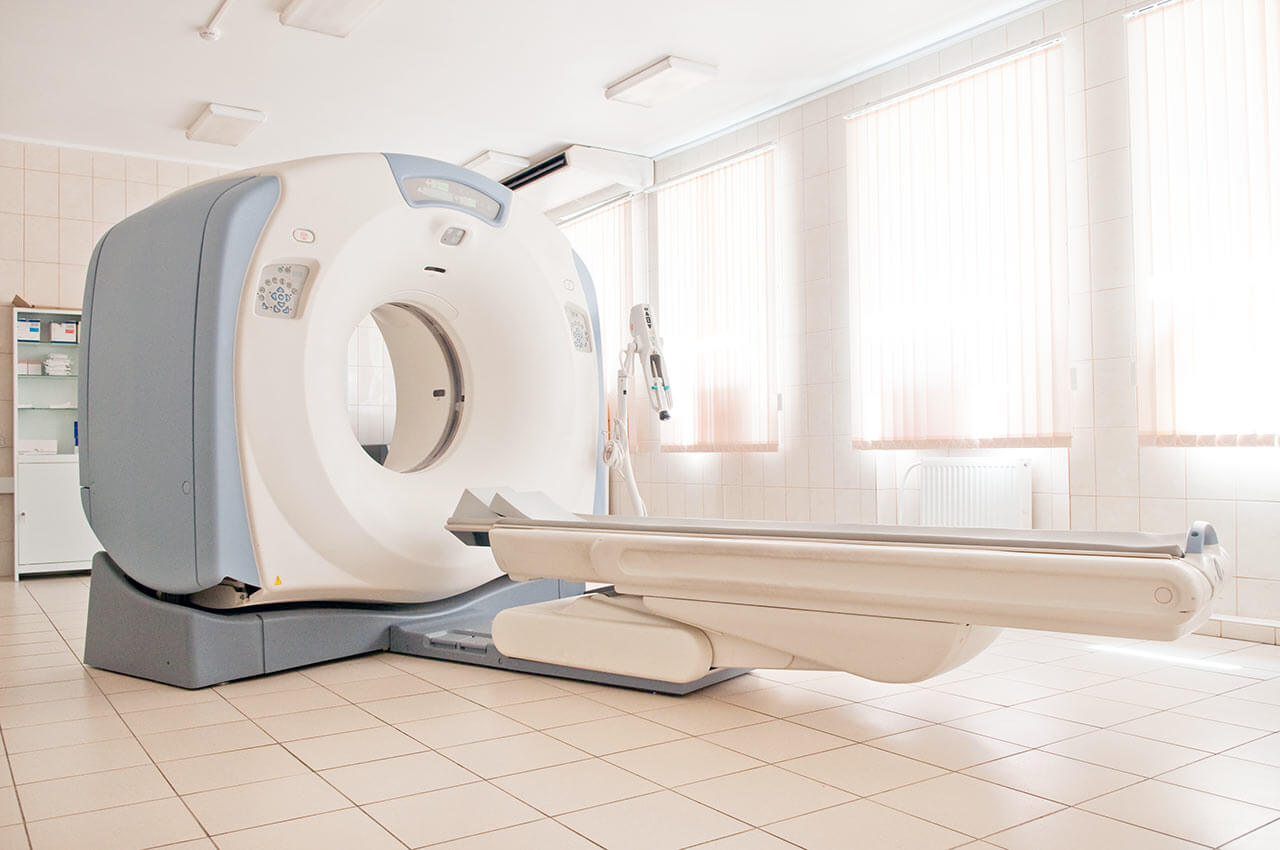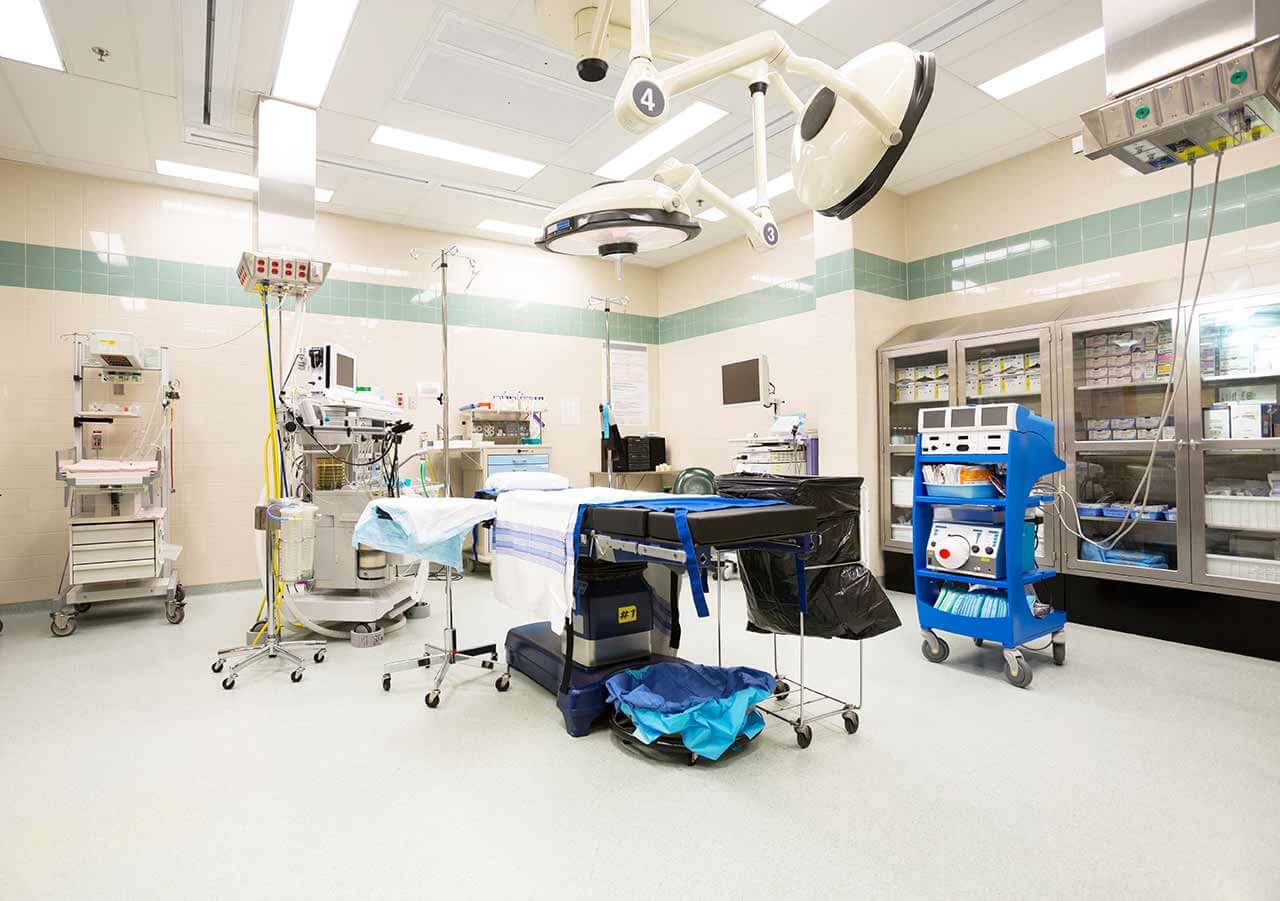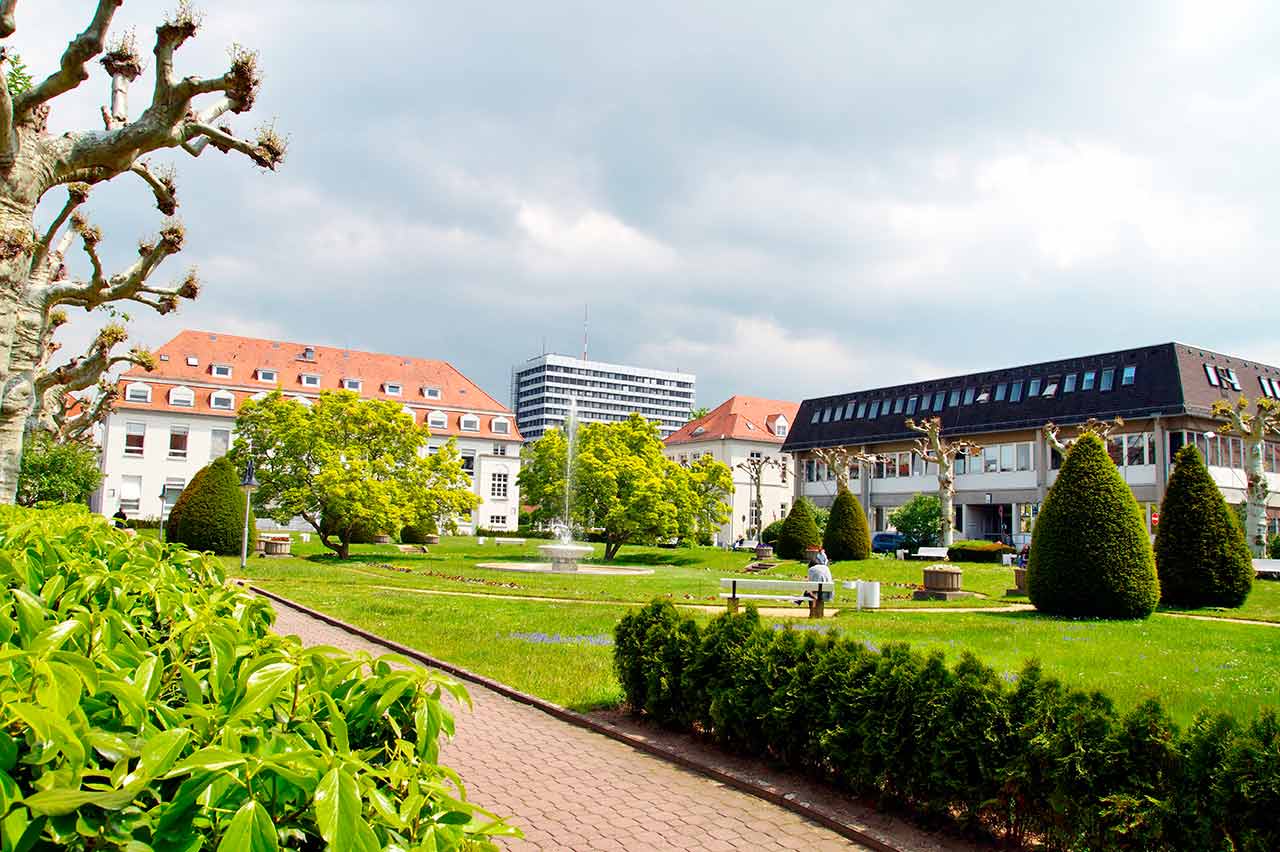
The program includes:
- Initial presentation in the clinic
- clinical history taking
- review of medical records
- physical examination
- laboratory tests:
- complete blood count
- biochemical analysis of blood
- Lipid metabolism (HDL/LDL, cholesterol,
triglycerides Lip(a), homocysteine) - blood coagulation analysis (aPTT, PT, INR)
- inflammation indicators (CRP, ESR)
- metabolic status (uric acid, total glucose, HbA1c)
- cardiovascular disease risk markers
- kidney function test (creatinine, urea)
- color doppler echocardiography
- color doppler sonography of cerebral peripheral vessels
- duplex peripheral arteries
- CT/ MRI-angiography of carotid artery
- preoperative care
- open repair of carotid artery aneurysm
- symptomatic treatment
- control examinations
- the cost of essential medicines and materials
- nursing services
- full hospital accommodation
- developing of further guidance
Required documents
- Medical records
- Doppler ultrasound/duplex scanning of the affected vessel (if available)
- MRI/CT scan with contrast enhancement, angiogram (if available)
Service
You may also book:
 BookingHealth Price from:
BookingHealth Price from:
About the department
The Department of Adult and Pediatric Neurosurgery at the University Hospital Mainz offers the full range of services in this field. The department specializes in the surgical treatment of diseases of the brain, spine and peripheral nerves in adults and children. During the treatment, the department uses the very latest surgical techniques and technical equipment, for example, robotic spinal surgery. The department is one of the leading neurosurgical medical institutions in Germany and Europe. The Chief Physician of the department is Prof. Dr. med. Florian Ringel.
It should be noted that one of the most important focuses of the department is the treatment of cancer of the nervous system. In this field, the department is certified as the Neuro-Oncology Center by the German Cancer Society.
In addition, the department specializes in early rehabilitation (phase B), which plays a key role in the success of therapy. For this purpose, an interdisciplinary team of professionals, such as highly specialized doctors, therapists, nurses and social workers, work here.
The main clinical focuses of the department include:
- Surgical treatment of benign meningiomas
- Surgical treatment of pituitary tumors (in most cases benign ones)
- Surgical treatment of benign peripheral nerve tumors
- Surgical treatment of gliomas and glioblastomas
- Surgical treatment of the spinal diseases – robotic surgery using the Renaissance™ Mini Roboter system (the system was used here in Europe for the first time)
- Functional interventions for the treatment of chronic pain and movement disorders
- Pediatric neurosurgery
- Surgical treatment of craniosynostosis
- Surgical treatment of scaphocephaly/dolichocephaly
- Surgical treatment of trigonocephaly
- Surgical treatment of hydrocephalus
- Psycho-oncological care
- Ergotherapy
- Speech therapy
- Physiotherapy
- Self-help groups
- Intensive care
- Other medical services
Curriculum vitae
- 1991 - 1998 Study of Human Medicine at the Ludwig Maximilian University of Munich.
- 1999 - 2000 Intern at the Institute for Surgical Research at the University of Munich (Head: Prof. Dr. med. Dr. h.c. K. Messmer).
- July 2000 Admission to medical practice.
- 2000 - 2001 Research Assistant at the Institute for Surgical Research at the University of Munich (Head: Prof. Dr. med. Dr. h.c. K. Messmer).
- 2001 - 2006 Research Assistant, Department of Neurosurgery, University Hospital Bonn (Head: Prof. Dr. med. J. Schramm).
- 2004 Doctoral thesis defense (Doctor of Medicine). Subject: "Acidosis-induced edema and intracellular acidosis of glial cells – the value of anions and calcium".
- 2006 Medical Specialist in Neurosurgery (Medical Association of North Rhine-Westphalia).
- Since 2006 Senior Physician in the Department of Neurosurgery, University Hospital Rechts der Isar Munich (Head: Prof. Dr. med. B. Meyer).
- 2009 Habilitation (Neurosurgery) and Venia Legendi.
Photo of the doctor: (c) Universitätsmedizin der Johannes Gutenberg-Universität Mainz
About hospital
The University Hospital Mainz is one of the best maximum care medical facilities in Germany and an internationally recognized scientific center. There are more than 60 departments and institutes, which represent all fields of modern medicine. The hospital serves more than 68,000 inpatients and more than 273,000 outpatients annually, which testifies to the excellent reputation of this medical institution.
The key to the successful clinical practice is also a highly qualified medical staff, which consists of 7.800 employees from various fields. The doctors of the hospital are convinced that each clinical case requires an individual approach, therefore, they devote much time to consultations and communication with patients. The main goal of all hospital employees is to provide an optimal medical care based on the use of the state-of-art diagnostic and therapeutic measures, as well as the introduction of the latest scientific achievements into the medical practice.
The best interns and assistant physicians are trained here. The world-famous leading physicians of the hospital share their long experience and professional skills. Naturally, an integral part of the university hospital work is research, thanks to which many innovative possibilities in the field of diagnostics and therapy have been developed.
Photo: (c) depositphotos
Accommodation in hospital
Patients rooms
The patients of the University Hospital Mainz live in bright, spacious and comfortable rooms. The patient rooms are equipped with modern electronically adjustable beds, which at the touch of a button automatically assume a specified position. Also, there is a TV and a telephone in the patient rooms. To use them, it is necessary to get a prepaid card (in vending machines at the entrance to the hospital). The use of a TV is free, but the patient will need headphones. Telephone calls are made for a fixed fee, which will be withdrawn from the prepaid card at discharge from the hospital. Also, each patient room is equipped with an ensuite bathroom with shower, washbasin and toilet.
Meals and Menus
The patients of the hospital are offered a tasty and balanced three meals a day: breakfast, lunch and dinner. The menu also includes vegetarian and dietary dishes. In addition, for both patients and their visitors there are available cafeterias and bakeries, where one can buy baked goods, snacks, hot and cold drinks.
Further details
Standard rooms include:





